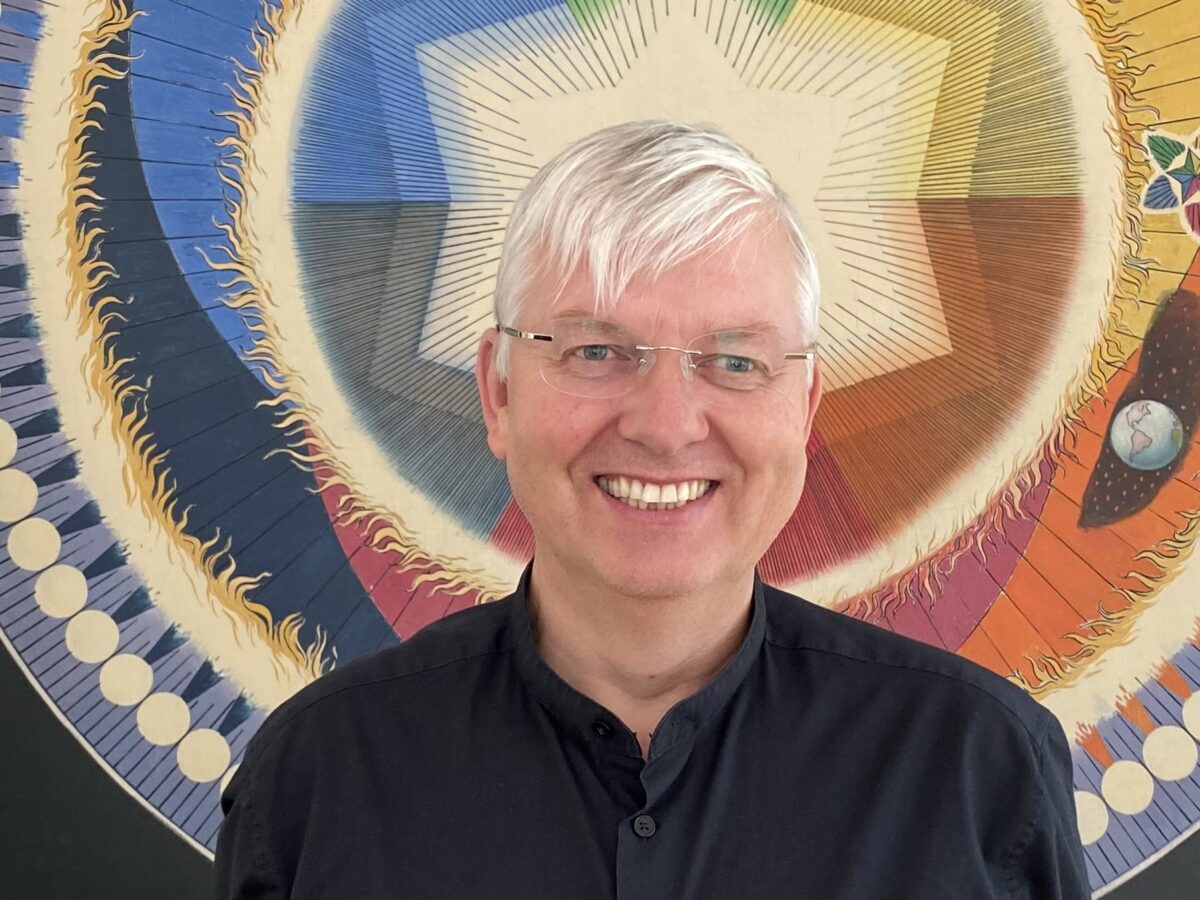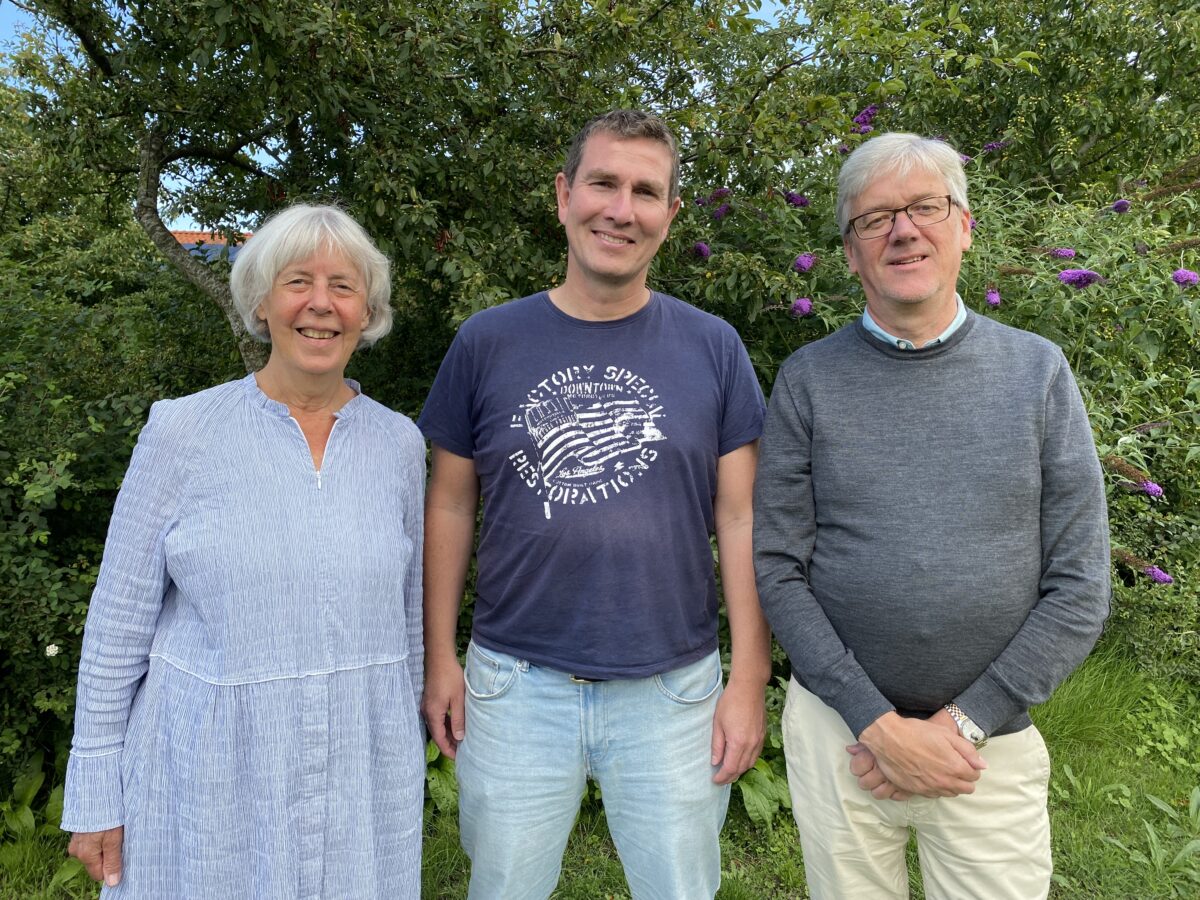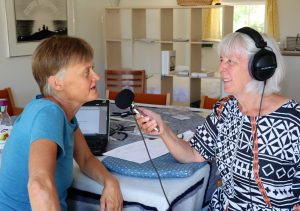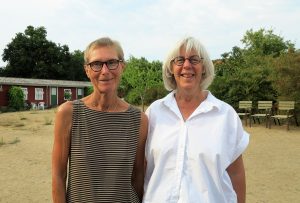In this episode Mary McGovern talks to Mikael Krall about his master’s dissertation Martinus’ Spiritual Science: An Original Contribution to Western Esotericism?, which was published as a book in 2019. Krall compares Martinus’ world picture with the worldviews of three other Western esoteric philosophers: Helena Blavatsky, Alice Bailey and Rudolf Steiner. His aim was to see if Martinus contributes anything new to Western esotericism, and if so, what.
Krall found that Martinus did indeed make unique and original contributions to Western esotericism. On the structural level, his finding was that Martinus uses logical reasoning to a far greater extent when presenting his worldview than Blavatsky, Steiner and Bailey do in their accounts. This can perhaps fulfil the needs of secularised seekers of truth. On the content level, Martinus’ most important contribution is, according to Krall, a clear, logical and consistent theory of how experience comes about and is eternally maintained. Martinus also describes why memory is an important function of consciousness and how it is related to the body of memory, one of Martinus’ six basic energy bodies, a body not presented by the other three authors. Krall describes this function and body as being of key importance in Martinus’ worldview when he logically explains the process of involution and thereby the eternal renewal and maintenance of consciousness through spiral cycles of evolution. Another important contribution, according to Krall, is Martinus’ analysis of a living microcosmos within us and even within the food we eat. Martinus points to our moral responsibility for the well-being of these microbeings, thus widening the sphere in need of our compassion. Martinus’ analysis of sexual evolution and the transformation of the sexual poles is also seen to contribute to the understanding of consciousness and its developmental levels. Krall’s final conclusion is that Martinus’ spiritual science and world picture is an original contribution to Western esotericism.
Mikael Krall is a psychologist and psychotherapist in Gothenburg, Sweden. He is a private researcher and scholar in the field of Western esotericism.
Mikael Krall’s book is currently out of print but will be reprinted in 2024.
This podcast was recorded by Mary McGovern at The Martinus Institute, Copenhagen on 8th October 2023.
Photo: Mary McGovern
Music composed and performed by Lars Palerius.
Martinus’s literature is available online on the Martinus Institute’s website: www.martinus.dk/en. Here you can also find information about the international summer courses at the Martinus Centre in Klint, Denmark.




